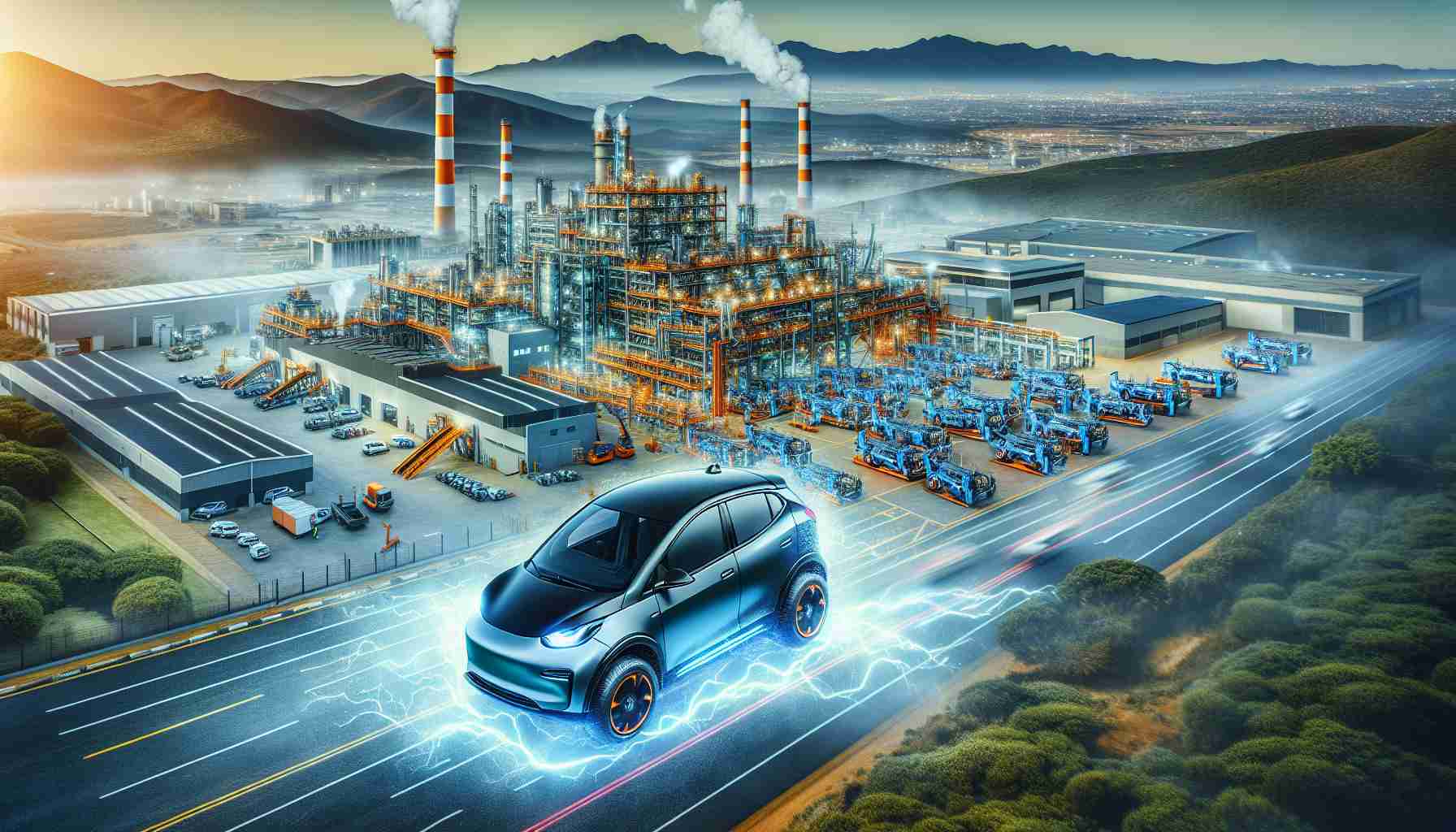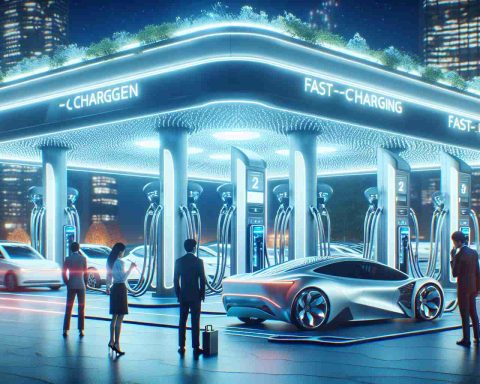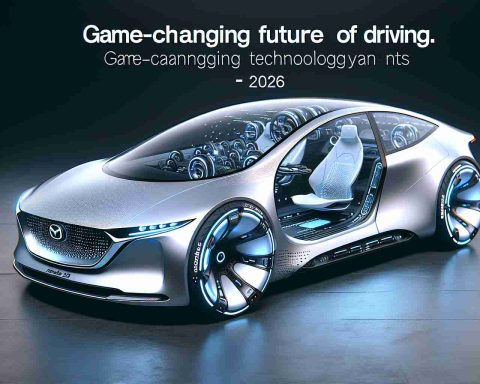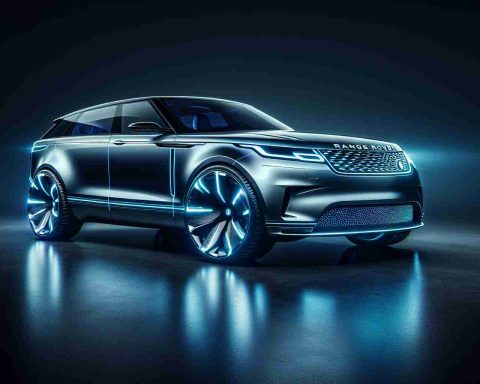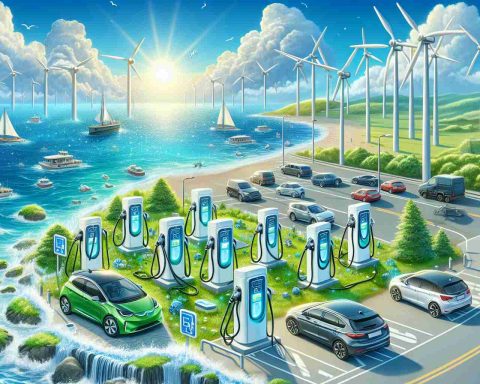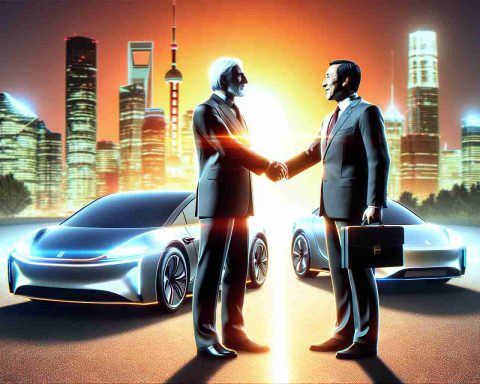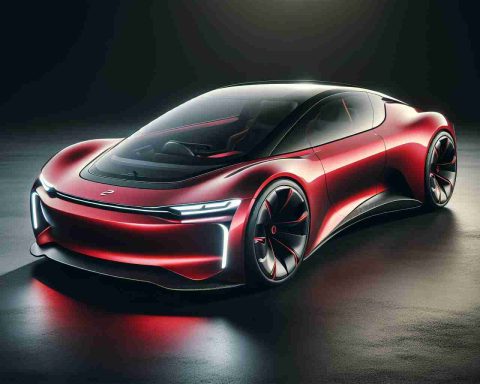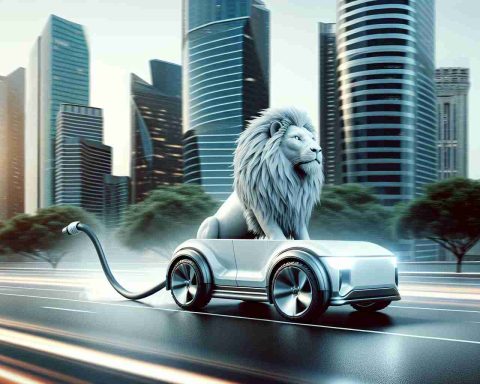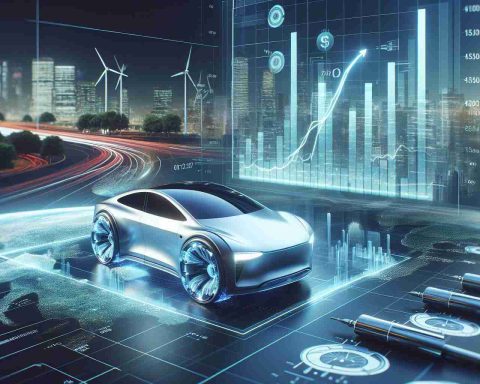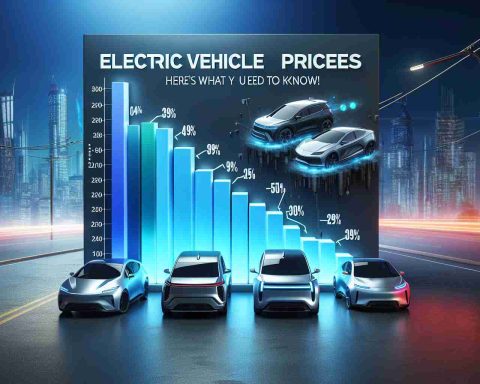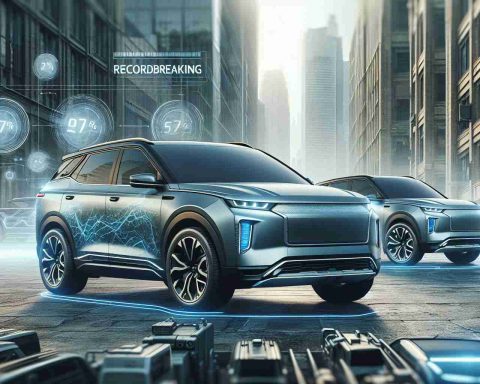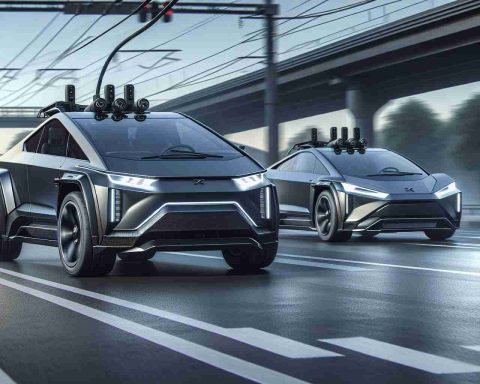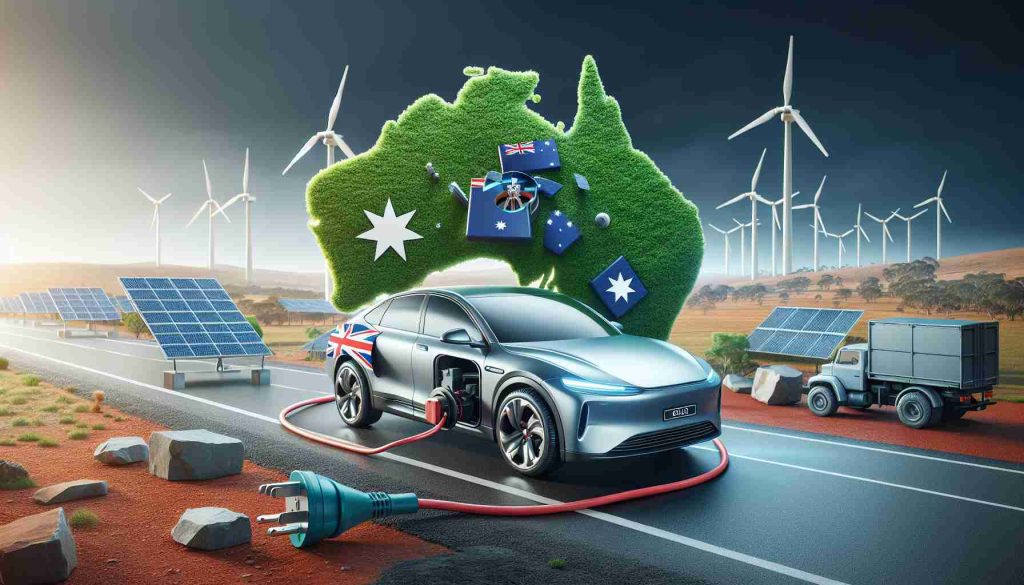- South Africa is accelerating its shift toward clean automotive energy with new policy initiatives.
- Innovative tax incentives and strategic investments are setting the stage for rapid industry transformation.
- Plans are underway to expand off-grid electric vehicle charging capabilities and foster local EV production.
- Addressing outdated infrastructure remains a critical hurdle in the nation’s journey to a sustainable future.
- Collaborative efforts between government leaders and industry innovators are key to driving this electric revolution.
South Africa is charging ahead with a bold initiative to power up its automotive industry. A newly signed tax incentive, boosting benefits by 150%, has ignited enthusiasm among innovators and industry giants. This dynamic move signals that the country is not only ready to embrace cleaner energy but is also laying the groundwork for a full-scale electric revolution.
The excitement is palpable as plans to build the nation’s first off-grid EV charging network move forward with full force. Government leaders and industry pioneers are laying out a daring vision that could see the country manufacture its very first electric vehicle by 2026. In a landmark move, renowned luxury automaker BMW has pinpointed South Africa as the exclusive hub for its hybrid X3, while established manufacturers are actively evaluating opportunities to diversify into new-energy vehicles.
However, challenges loom on the horizon. Current statistics reveal that 99% of vehicles on South African roads still run on traditional combustion engines. Additionally, unreliable power supplies, frequent blackouts, and a sparse network of public charging points—only 62 nationwide—highlight the hurdles ahead. These issues underscore the urgent need for revamped infrastructure to sustain this electrifying transition.
This pivotal moment is a clarion call for innovation and resilience. The key takeaway: while South Africa’s journey toward a sustainable future is gathering momentum, overcoming infrastructural challenges is essential for igniting a true electric transformation. Stay tuned as the nation races against time to redefine its automotive legacy!
South Africa’s Electric Revolution: Breaking New Ground in EV Innovation
South Africa is not just stepping into a sustainable future—it’s redefining its approach toward electric mobility with bold investments, smart infrastructural strategies, and innovative policy reforms. While the nation’s ambitious tax incentives and off-grid charging network initiatives have set the stage, several fresh insights and trends are emerging that could reshape the entire automotive landscape.
New Developments and Innovations: Recent market forecasts suggest that by 2030, the electric vehicle (EV) sector in South Africa could experience a compound annual growth rate (CAGR) of over 20%. This growth is boosted by the integration of renewable energy sources into the grid, smart metering infrastructure, and vehicle-to-grid (V2G) technology, which could significantly reduce energy waste and support grid stability.
Pros and Cons: Industry experts now highlight several advantages, such as reduced greenhouse gas emissions, long-term cost savings from lower fuel dependence, and enhanced energy security. However, challenges still persist, including the need for more extensive charging networks, potential high initial installation costs, and ensuring cybersecurity to protect interconnected charging infrastructures.
Market Analysis and Reviews: New market analysis reports indicate that both established automotive giants and innovative startups are investing heavily in electric mobility. Hybrid vehicles, such as BMW’s exclusive hybrid X3 production hub in South Africa, have received positive reviews for their blend of performance and efficiency. Meanwhile, controversies regarding the pace of infrastructural development and energy security continue to spur debates among policymakers and consumers alike.
Cost and Specifications: Recent industry reviews point out that while the upfront costs of transitioning to EVs remain higher compared to combustion-engine alternatives, advancements in battery technology and falling production costs are expected to narrow this gap in the near future. Specifications in new EV models emphasize durability in harsh climates and compatibility with diverse power grids, positioning South Africa as a potential leader in rugged, sustainable mobility.
Sustainability and Security: To ensure the success of this electrification journey, security protocols—both cyber and physical—are under continuous development. Innovations in smart charging solutions and secure energy management systems are being implemented to protect against cyber vulnerabilities, ensuring a safe and resilient energy infrastructure.
For more authoritative insights on government initiatives and policies, visit Government of South Africa and explore local tourism, culture, and market perspectives at South Africa.
Frequently Asked Questions
1. How will infrastructure improvements address the shortcomings of the current power and charging networks?
Recent plans focus on expanding the off-grid charging stations by integrating renewable energy systems and smart grids. These measures aim to combat frequent blackouts and accommodate the growing demand for consistent, distributed power sources. By pairing these improvements with robust cybersecurity protocols, South Africa is positioning itself to create a reliable EV ecosystem.
2. What are the anticipated economic and environmental benefits of this electrification initiative?
Economically, the investments in EV technology and infrastructure are forecasted to generate new jobs, stimulate local manufacturing, and enhance export potentials. Environmentally, transitioning from traditional combustion engines to electric mobility could significantly cut greenhouse gas emissions and improve urban air quality—a critical factor for public health and global climate goals.
3. In what ways will government policies influence the rate of EV adoption?
Government incentives, including boosted tax breaks and dedicated funding for renewables, are expected to play a pivotal role in accelerating EV adoption. Such policies encourage both consumers and manufacturers to make investments in cleaner technologies. Additionally, regulatory support for safety standards, charging infrastructure, and energy management will ensure the sustainable and secure evolution of the electric mobility sector.
